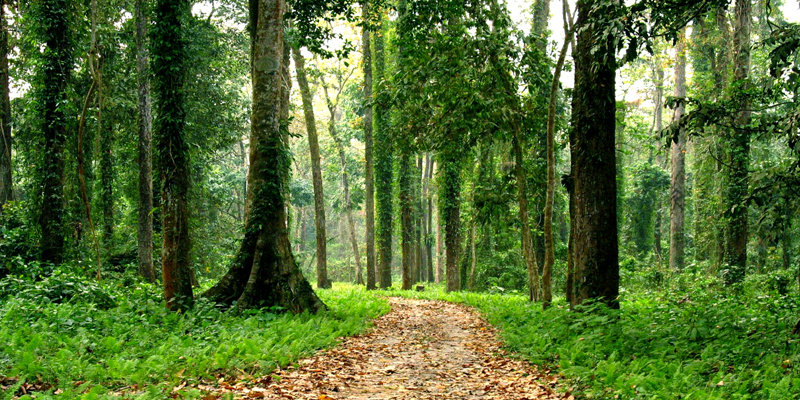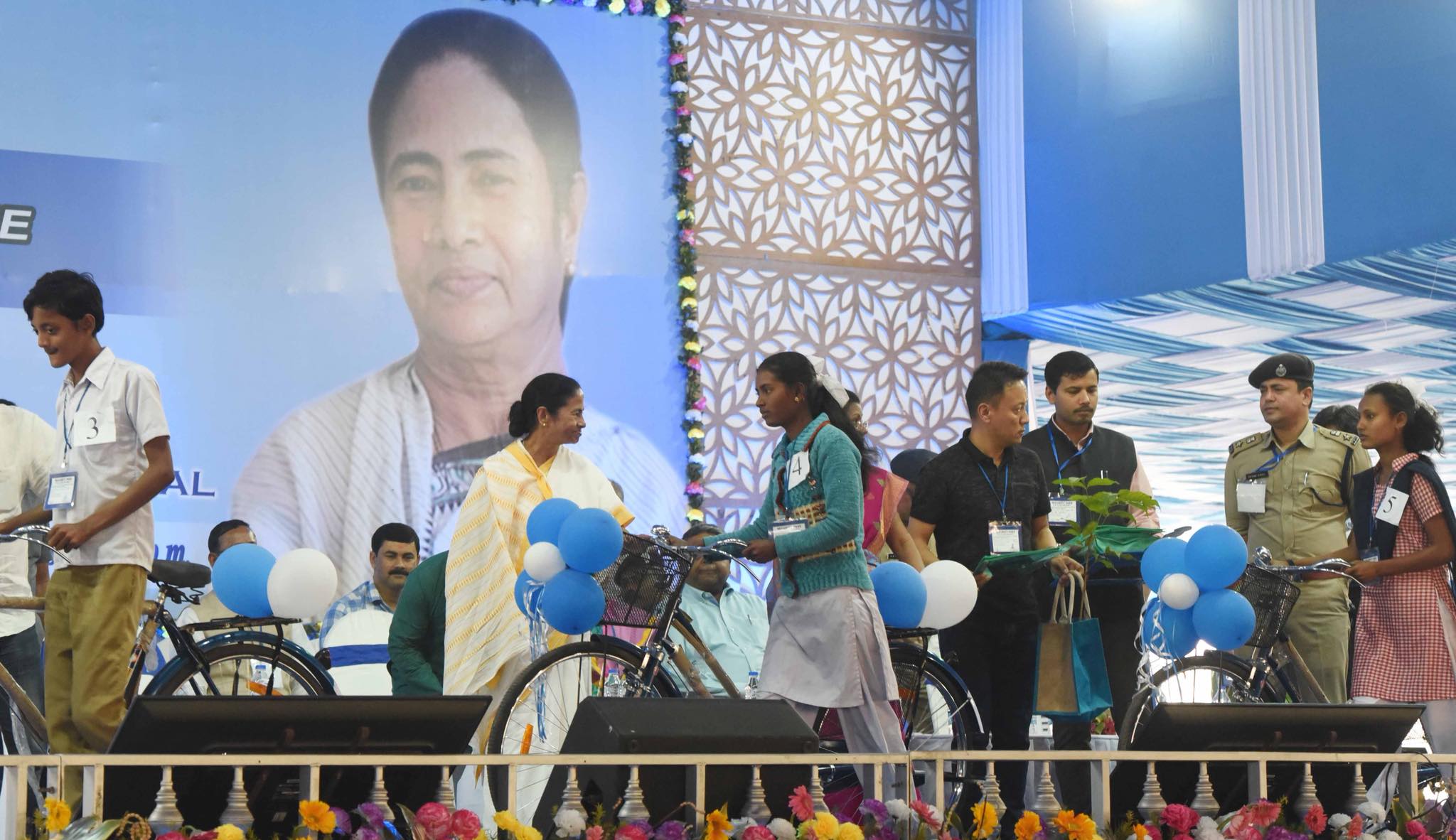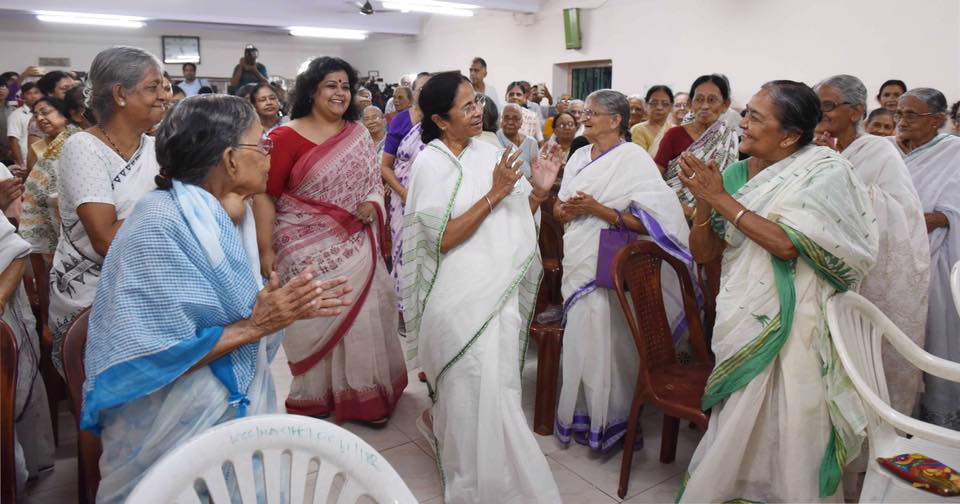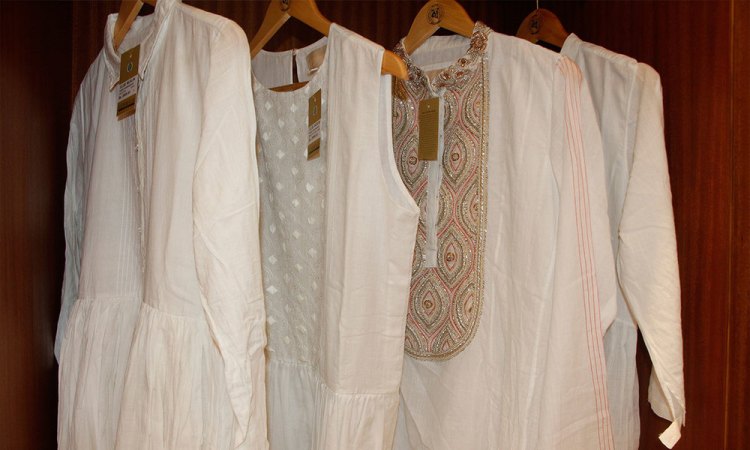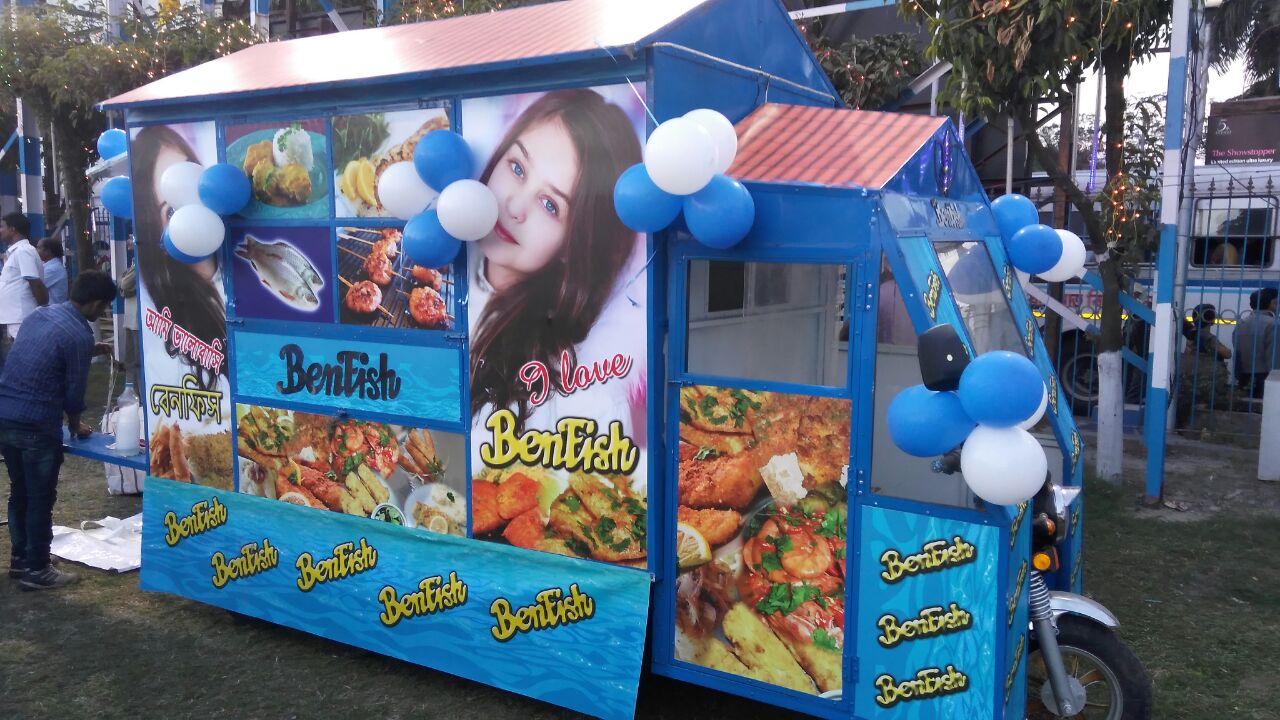The scope of work of the Environment Department is very wide, exhaustive and challenging. The wings of the department work in close coordination to fulfil the commitment of the Bengal Government towards its people for a clean and more livable environment – be it in terms of air, water, noise or several other aspects.
For effective control of pollution, a number of steps, measures and policies have been initiated by the Environment Department which include stringent regulations, development and periodical revision of environment standards, control of vehicular pollution, control of air and water pollution, abatement and prevention of noise pollution, revisiting and revision of the list of critically polluted areas and their environment improvement plans, etc.
The department has been funding research projects through grants-in-aid both to its parastatals like West Bengal Pollution Control Board (WBPCB), West Bengal Biodiversity Board (WBBB), East Kolkata Wetlands Management Authority (EKWMA) and Institute of Environmental Studies and Wetland Management (IES&WM), and also to some research institutions.
Some of the salient points regarding the working of the Environment Department:
- WBPCB is constantly monitoring and taking suitable measures for improving air quality and reducing water body pollution.
- An online system of WBPCB’s consent administration has been developed for transparency. All monitoring data can now be accessed from the board’s website. The consent administration has also been simplified.
- The ‘consent to operate’ periods have been increased: from two years to five years for Red Category Industries, from three years to five years for Orange Category Industries and from five years to seven years for Green Category Industries. A new White Category has been introduced which only requires the relevant industries to give information to the WBPCB and is exempt from ‘consent’ administration.
- The State Action Plan for climate change is being amended to strengthen the plan, introduce mitigation measures in addition to adaptation measures and bring it in line with the latest developments in various fields.
- Actions on conservation of biodiversity, preparing a comprehensive register and promoting conservation have been accelerated.
- A lot of work has been done for restoration and beautification of many waterbodies.
- More emphasis has been laid on organising awareness activities to spread environment education among all sections of society and mobilising people’s participation for preservation and conservation of environment.
Source: Departmental Budget

